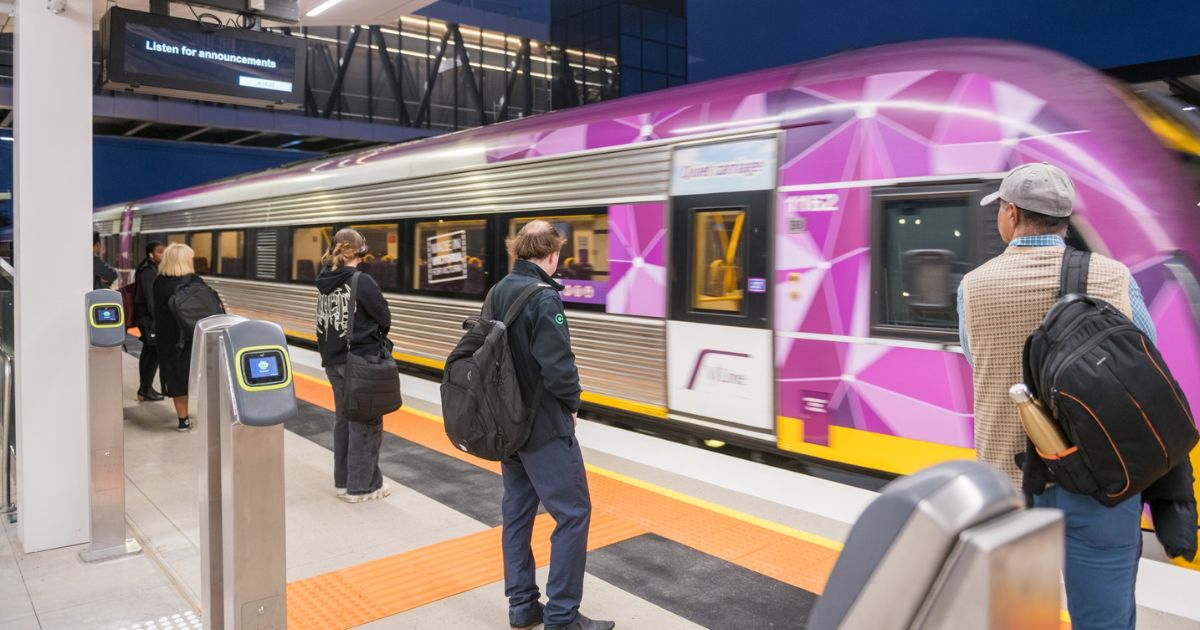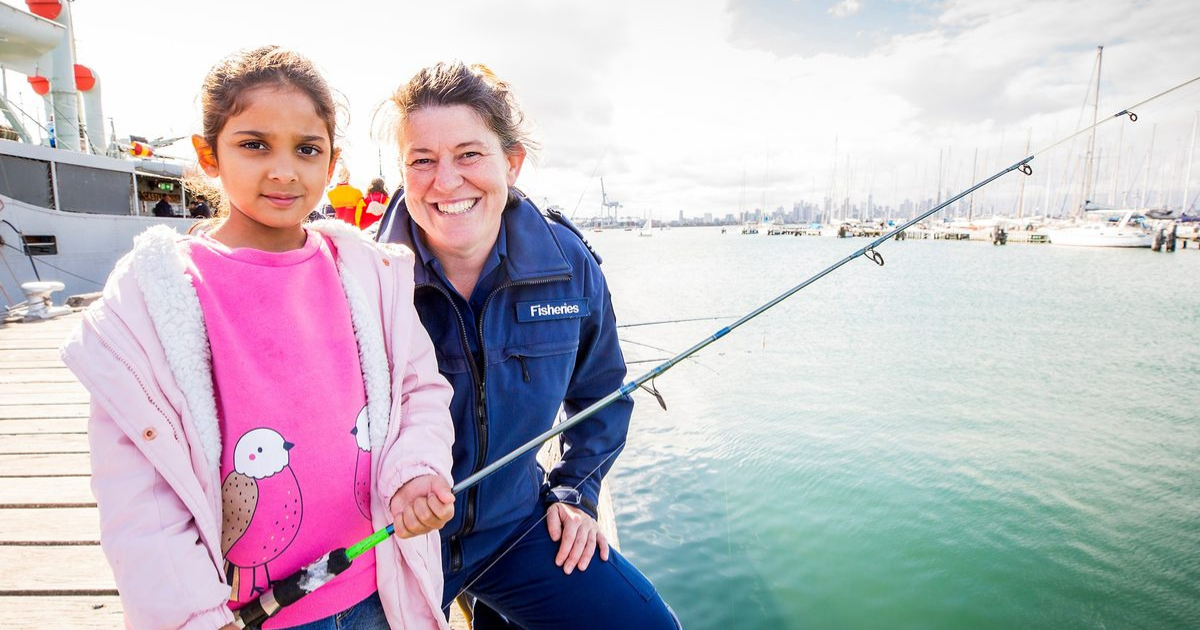Bellarine rural hub gains steam

Geelong council is considering a plan to revive Geelong Saleyards with a modern multi-purpose facility on the Bellarine. Photos: BILLY HIGGINS
A PLAN to replace Geelong Saleyards with a fit-for-purpose facility in the region’s farming district is a step closer after winning further council funding.
The City of Greater Geelong will investigate a business case for a one-stop rural hub on the Bellarine Peninsula that advocates say would support local food producers while delivering benefits for biosecurity, sustainability and mental health.
Councillors agreed to allocate up to $200,000 on top of an existing $100,000 for the project, dubbed the Regional Livestock and Rural Information Exchange Hub.
The city has also set aside $4 million across its latest and next budget to progress the plan, should the business case support the project’s bona fides.
The city’s rural and coastal chair Jim Mason brought the project to council in November last year, with the extra funding to produce a business case the city would use to advocate for further funding from state and federal governments.
“While the Geelong region is growing rapidly, we can’t forget that many of our residents are still in peri-urban and rural areas and they would like us to consider the benefits of providing a livestock exchange locally,” Cr Mason said.
The council heard at last month’s meeting that the site would likely require about three hectares of land within the municipality and significant government or private funding.
The centre would cater for sales of up to about 100 cattle or sheep and co-locate services such as a truck wash and veterinarians.
It would also provide information-sharing platforms to ensure local farmers could stay up to date with topics like industry information, best-practice crop and livestock management, and share their tips and tricks.
The proposal would include a community facility in the mould of a Men’s Shed to cater for social interaction and boost mental health.
The council also heard about suggested sustainability benefits of supporting local food growth and saving farmers long trips to Ballarat or Colac saleyards.

Other councillors backed the idea but pointed out the new facility must address the concerns that led to the city closing the 150-year-old saleyards in 2018.
Cr Ron Nelson said a facility should provide wider community benefit than just a livestock selling hub.
“It’s not good value for money for a few farmers to sell a few sheep or a few cattle,” he said.
“It costs people a lot in this town that we could be spending on footpaths of bike paths.”
Cr Eddy Kontelj maintained the city was correct to close the original saleyards but said a new facility was worthn investigating.
“Traditionally we’re built on primary industry… if we could create a state-of-the-art facility, it could create further business opportunities in Geelong.”

















